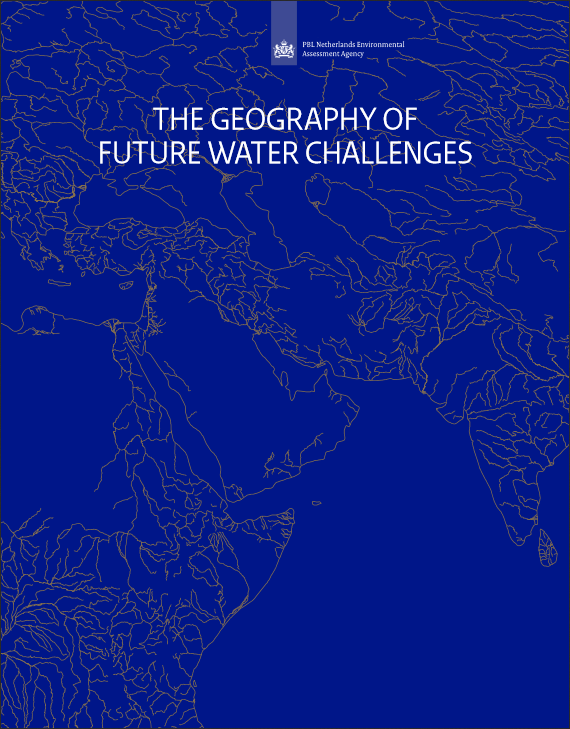What makes decisions about urban water infrastructure forward looking? A fuzzy-set qualitative comparative analysis of investment decisions in 40 Dutch municipalities
Municipalities worldwide are confronted with the need to take long-term decisions about ageing water infrastructure in the face of unpredictable future developments. Previous studies on long-term decision making have proposed solutions targeted at the domain of either politics or planning. This study combines insights from the domains of policy, politics, and planning by using the Multiple Streams Framework to explain what enables municipalities to take forward-looking investment decisions.



